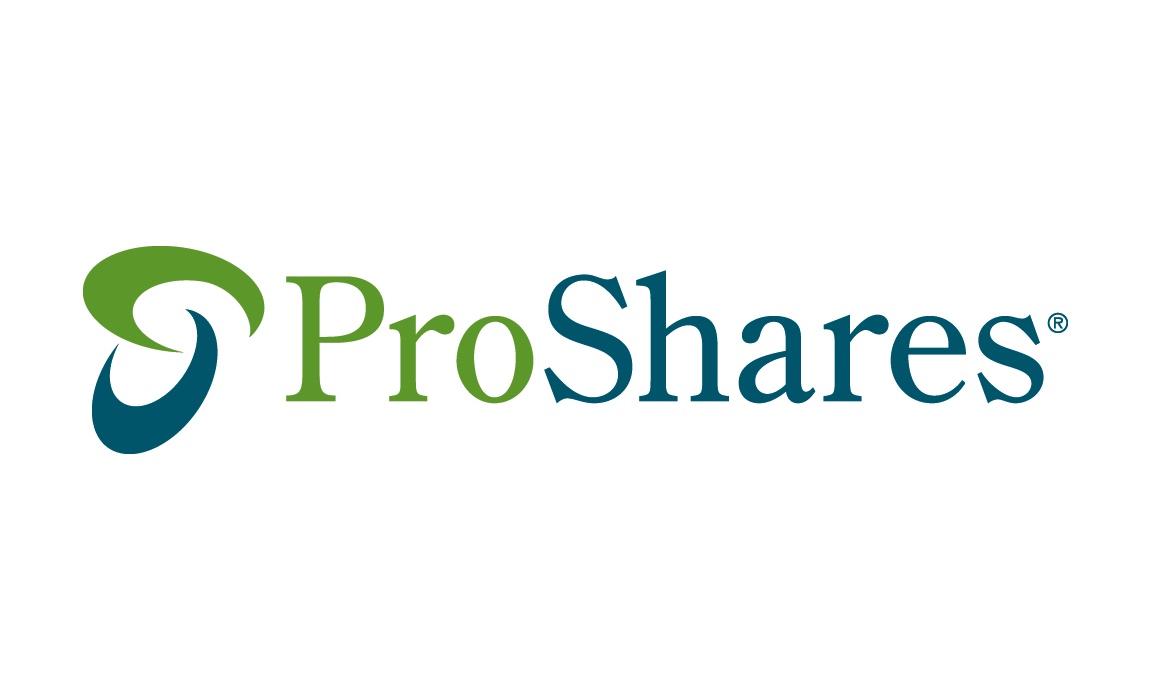Leveraged and inverse ETF specialist
ProShares
is listing a new ETF targetting your cat, dog and goldfish. The
ProShares
Pet
Care
ETF (PAWZ) will track a FactSet index of the
pet
care
industry which "has historically seen steady growth and has been resilient to economic downturns," the prospectus says.
The index tracks companies whose primary business is petcare-related. In order for a company to be considered petcare-related, its main revenue source must be from one of eight FactSet Revere sub-industries or generate $1 billion in annual revenue from one of those eight sub-industries. The eight sub-industries are: Pet Food Manufacturing; Pet Supplies Manufacturing; Pet and Pet Supply Stores; Veterinary Pharmaceuticals; Veterinary Diagnostics; Veterinary Product Distributors; Veterinary Services; and Internet Pet and Supply Retail.
Additionally, the company's regulatory filings must satisfy FactSet that it focuses on pet products and services.
Companies can be tapped for the index even if they aren't from those sub-industries. So long as FactSet is satisfied they have a major revenue channel that is pet industry related enough. The example the prospectus gives is insurance companies that provide pet coverage. This is petcare related, but pet insurance is not an RBIC sub-industry.
Analysis - who let the dogs out?
Dog ownership among the global middle classes is skyrocketing. From Brazil, to the US to Norway, middle class professionals are working more, earning more and putting off responsibilities like marriage and parenthood. But to fill their lives and provide substitute children in the meantime, they're all turning to dogs.
The result is a booming global petcare industry - from dog food, to veterinary clinics, to dog shows and dog hotels. Some of the winners of these macroeconomic trends aren't who you'd always suspect either. As an anecdote: a fencing company I spoke to recently said they make 70% of their revenue building new fences to stop dogs from escaping.
While pet ownership is clearly a cultural and economic theme, we're unclear how well this can be translated into an index composed of publicly traded companies. A lot of the businesses making $1bn in revenue from dog products, like Nestle for dog food and Merck for drugs, are diversified and make a low single digit percent of their total revenue from petcare. This means buying these companies - which will probably qualify for PAWZ index - gives weak exposure to the petcare theme.
Making matters tougher, there's also a sense in which the petcare industry is intrinsically local, as Bruce Greenwald would have things. Your local fencer, your local dog breeder, your local vet - these are the real winners in this global trend. But these businesses are all usually unlisted and thus escape indexing.
Nevertheless, this theme makes sense and will doubtless see growth.



